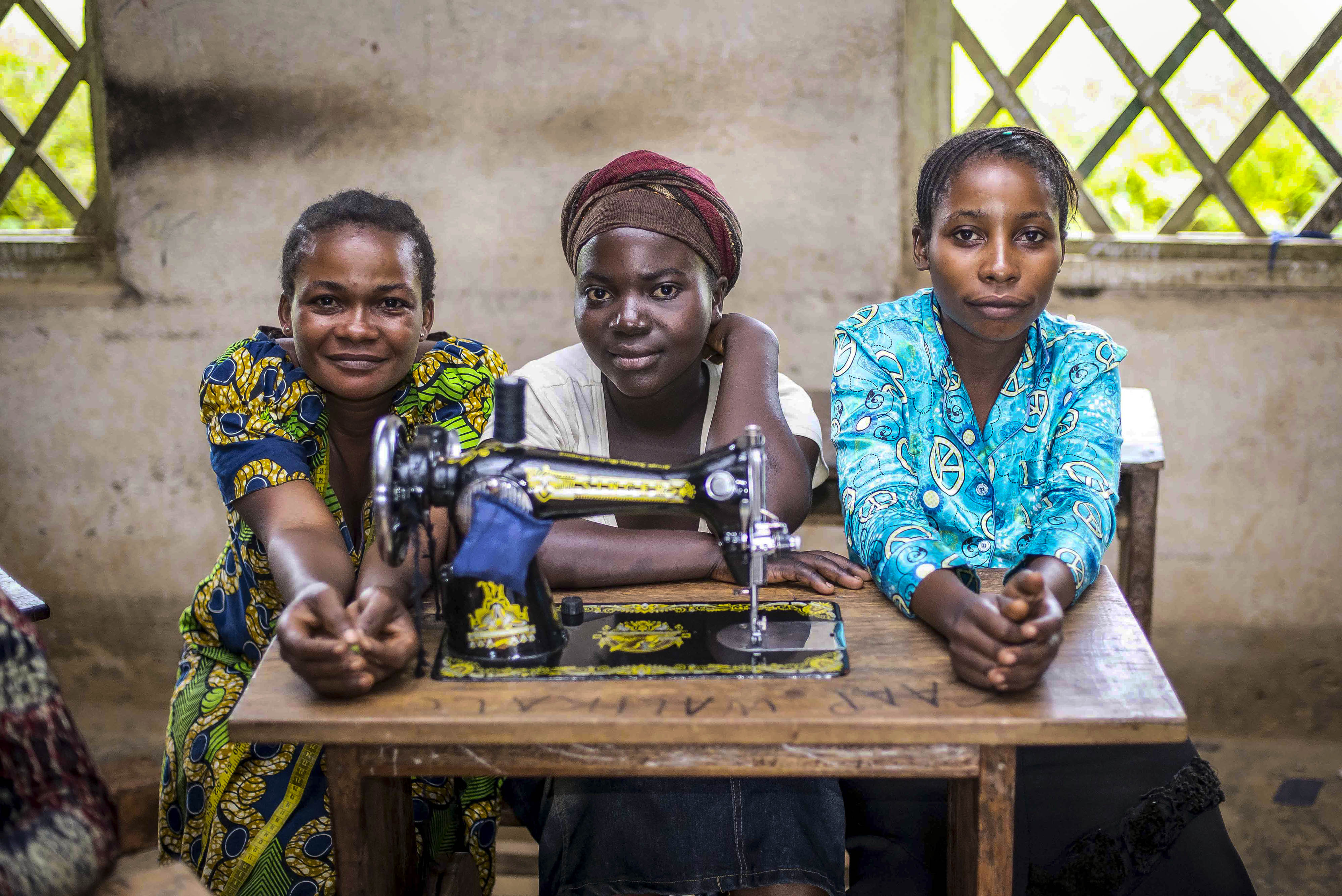Who we are

ABOUT US
CADRI is a global partnership composed of 20 humanitarian and development organizations who came together to build a unique facility for countries to access expertise in disaster risk reduction and climate change adaptation.
OUR MISSION
By pooling our members’ resources, knowledge, and practices and leveraging each other’s comparative advantages, we provide countries with a one-stop shop mechanism to mobilize expertise in risk reduction in various areas ranging from agriculture to environment, education, cultural heritage, human mobility, infrastructure, health, nutrition, and water and sanitation.
Story
CADRI was launched in June 2007 at the Global Platform for Disaster Risk Reduction by three like-minded agencies—OCHA, UNDP and UNISDR (now UNDRR). Their shared vision was to strengthen knowledge and promote good practices in disaster risk reduction through a more coherent and coordinated approach to capacity development across the humanitarian development sectors.
What began as a UN training initiative—building on the legacy of the UN Disaster Management Training Program—has evolved into a flexible capacity development facility that supports countries in strengthening their systems to anticipate, prevent, and respond to disaster and climate-related risks.
Over the years, CADRI has expanded its membership and service offer, responding to country demand with tailor-made support. During the last Joint Programme (2019-2025), the partnership broadened its scope to integrate climate risks, conflict sensitivity, gender responsiveness, and a focus on the most vulnerable—ensuring no one is left behind. Lessons from COVID-19 also inspired the development of the CADRI Digital Tool to enable a more inclusive, transformative, and locally led approach to risk governance.
Today, the CADRI suite of tools, methodologies and sectoral modules can be deployed by UN Country Teams and/or Governments to support the strengthening of preparedness systems or support risk-informed development across socio-economic sectors.
